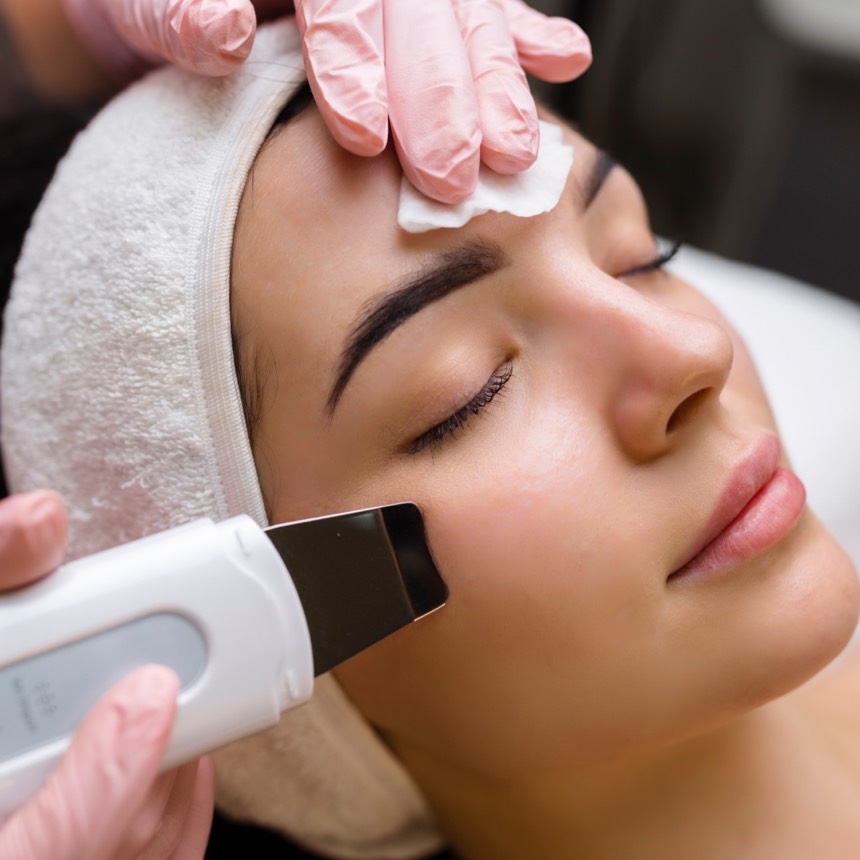When it comes to skin health, dermatologists address a wide variety of conditions. Skin diseases can affect comfort and overall well-being. From acne to skin cancer, understanding these conditions and their treatments is an essential step toward maintaining healthy skin. General dermatology clinics provide services for the following skin conditions:
Acne
Acne is a typical skin condition, particularly among teenagers and young adults. It occurs when oil, dead skin cells, and bacteria clog hair follicles, leading to blackheads, whiteheads, or inflamed pimples. Hormonal changes, stress, certain foods, and excessive use of greasy skincare products can contribute to acne outbreaks.
Dermatologists may recommend a range of treatments tailored to the severity and cause of acne. Options include topical creams with ingredients like benzoyl peroxide or salicylic acid, oral antibiotics, or retinoids. Regular washing of the face, using suitable non-comedogenic products, and avoiding picking or scratching pimples are small but helpful habits to promote clearer skin.
Eczema
Eczema refers to a group of conditions that make the skin inflamed, itchy, and sometimes cracked. One common type is atopic dermatitis. Eczema signs include red, itchy patches that may become scaly or oozing. These patches tend to appear in areas like the elbows, knees, face, or hands.
Environmental allergens, cold weather, harsh soaps, and stress are some of the factors that impact eczema. To manage the symptoms, dermatologists often prescribe moisturizer therapy, anti-inflammatory creams, or medications to reduce sensitivity to triggers. Avoiding irritants and adopting a regular skincare routine typically helps keep flare-ups at bay.
Psoriasis
Psoriasis is an autoimmune condition where the skin’s life cycle speeds up, causing cells to build up and form thick, scaly patches. There are several types of psoriasis, including plaque psoriasis. Symptoms include silvery scales, red patches, and sometimes joint pain in the case of psoriatic arthritis. Treatment depends on the type and severity of the condition. General dermatology options range from topical steroids to light therapy (phototherapy) and systemic medications that target the immune system.
Skin Cancer
Skin cancer is one of the most serious conditions dermatologists treat, yet it is also the most preventable. There are several types, including basal cell carcinoma, squamous cell carcinoma, and melanoma, which is the most aggressive. Use the following prevention tips:
- Use sunscreen with a high SPF daily.
- Seek shade during peak sun hours.
- Wear protective clothing like wide-brimmed hats.
Regular self-examinations and dermatological screenings are effective methods for detecting skin cancer early. Moles that change in size, shape, or color, or new growths or spots on the skin, should not be ignored.
Vitiligo
Vitiligo results from the loss of pigmentation in the skin, leaving white patches scattered across various body parts. This condition occurs when pigment-producing cells, called melanocytes, stop functioning.
While vitiligo has no outright cure, treatments such as topical creams, light therapy, or depigmentation therapy help even out skin tone. For adults and children alike, living with vitiligo often involves combining medical care with emotional support.
Book an Appointment for General Dermatology
Skin conditions affect lives in countless ways, but help is available. Seeing a dermatologist allows individuals to address concerns with expert diagnosis and personalized solutions. Whether it’s managing eczema or detecting skin cancer early, dermatologists provide care beyond the surface. If you’re facing any of the skin conditions mentioned, schedule an appointment today to take the first step toward healthier skin.

